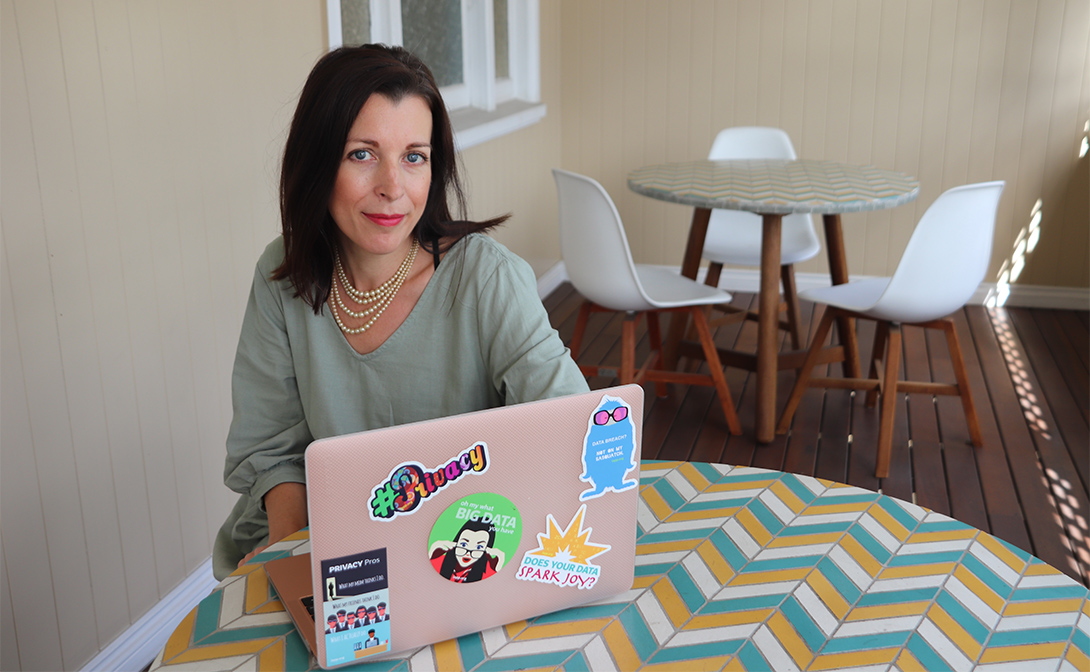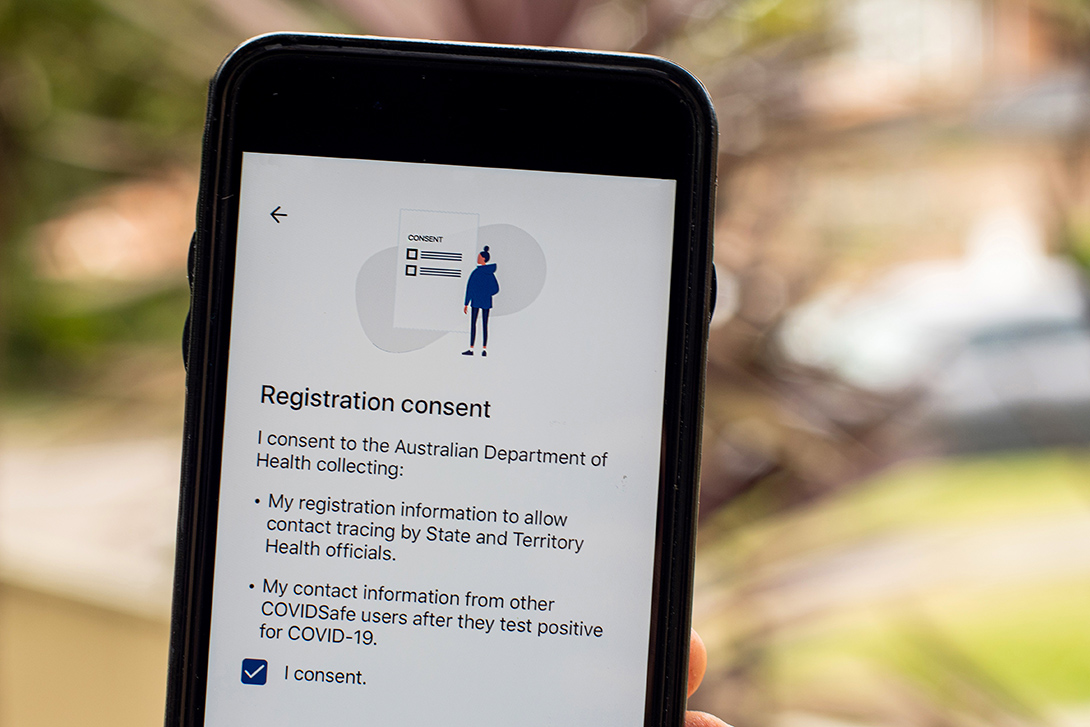More than five million Australians have already downloaded the Federal Government’s COVIDSafe app, but it’s sparked discussion and debate over privacy laws and how people’s personal data will be used.
Ipswich privacy consultant Nicole Stephensen is one of five leading national privacy experts who have sent a joint series of recommendations to the Federal Government, calling for stronger privacy protections for users of the government’s new COVIDSafe app.
The Managing Director of Ground Up Consulting says that it is crucial the government put adequate safeguards in place to reduce fears around privacy.
“We want the best possible health outcome for our community, so we don’t want to see the COVIDSafe app fail, but as privacy professionals we need to ensure those privacy and security controls are robust,” Ms Stephensen said.
“One of our main concerns is making sure there is a consistent approach to management of the CovidSafe data. Some states don’t even have privacy laws, so we need to see more clarity around the legislation that will underpin the app to make sure all state health departments are doing the same thing and there’s not a sliding scale of privacy depending on where you live.”
The COVIDSafe app aims to speed up the process of contacting people who may have been exposed to COVID-19.
It uses Bluetooth to exchange anonymous IDs with others who are also using the app if your devices come into range with each other for at least 15 minutes. The encrypted data is being stored on national servers managed by Amazon Web services and will be deleted every 21 days.
Ms Stephensen said it’s important to make sure the law reflects that there is an “end date” to both the app and the legislation used to govern it.
“Right now the app has a strong public health purpose, but once that public health crisis has ended, there is a very important need to wind back the app, to delete it from people’s phones, remove state government access to the COVIDSafe data store and delete the data that’s held there,” Ms Stephensen said.
“If we don’t do that, then we’re dipping our big toe into the scary waters of state-based surveillance.”
Many have argued that people should download the COVIDSafe app despite any privacy concerns, as tech and social media giants like Google, Amazon or Facebook already know far more about us.
But Ms Stephensen said that is not a reason to ignore the need for privacy protections, particularly when it comes to government.
“There’s this paradox with how we behave in our private lives that doesn’t translate to what we expect of government,” Ms Stephensen said.
“So when we give out information freely to social media, or friends and family, we’re doing so in the full exercising of our own choice. But when we are obliged to give our information to government, or they ask for it in order to provide us with a service, with something like the COVIDSafe app, we expect the government to apply laws that will restrict what happens to our personal information.
“So in many ways, we hold our government to a far higher standard than other institutions and I think the government knows that the community expects to see the highest degree of rigour right now.”
In the past week, the Australian government has developed draft legislation to support the COVIDSafe app, with a bill set to be introduced to parliament next week which would make it a criminal offence to collect, use or disclose app data for a purpose unrelated to contact tracing.
Ms Stephensen said she is confident the government is listening to concerns over privacy and wants to get it right.
“We’ve been discussing these issues with the Attorney General’s department and that dialogue is ongoing, so I think it’s a wonderful sign of how committed the Australian government is to addressing the issue of privacy,” Ms Stephensen said.
“We don’t have six months or a year to get it right, we need to work out the issues as we go and do it to the highest possible standard.”
Read more:
>>>Ipswich currently has zero active cases of COVID-19
>>> Laptop donation drive launched to help local students learn during COVID-19 and beyond



